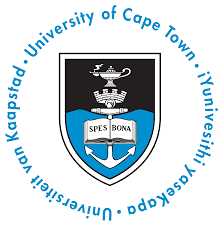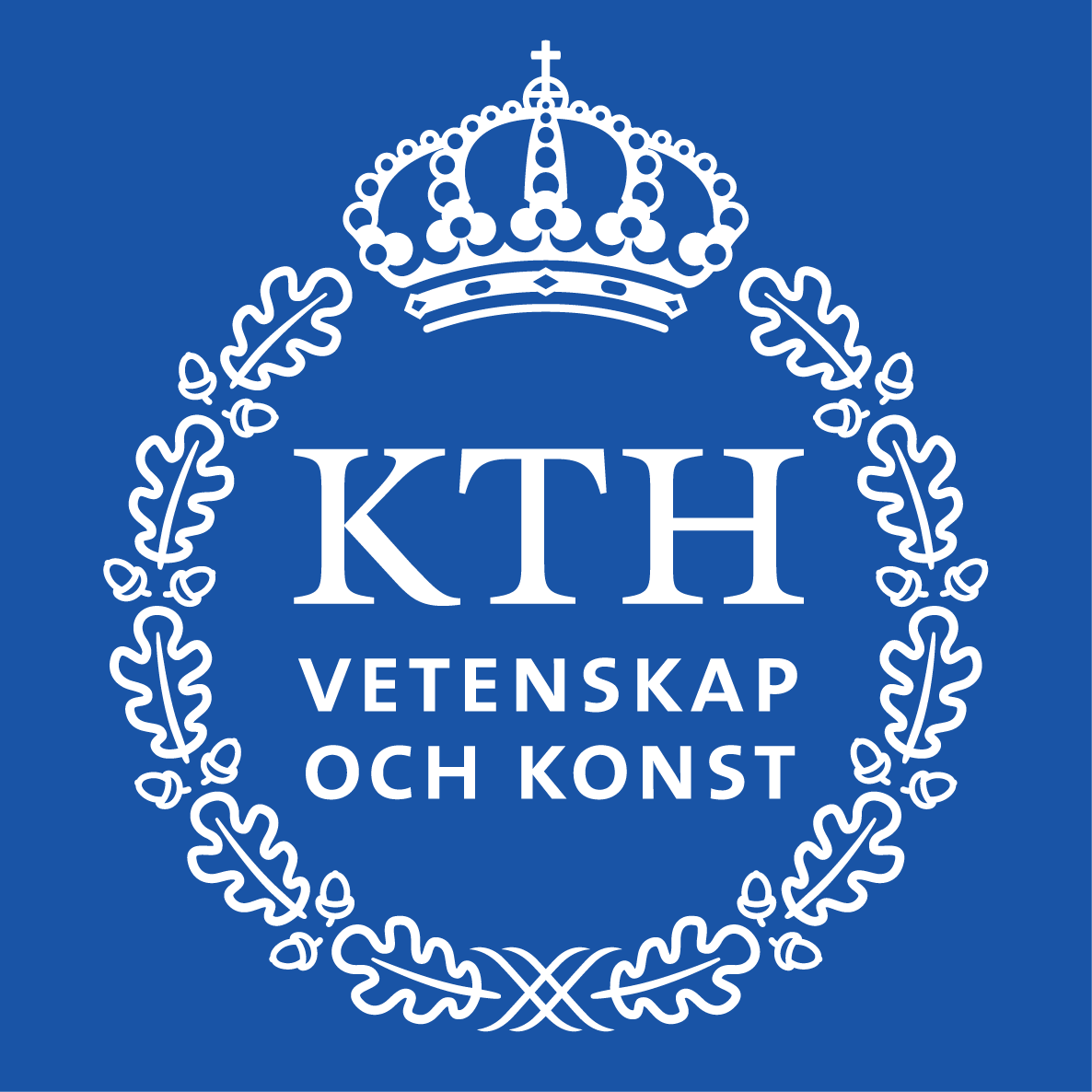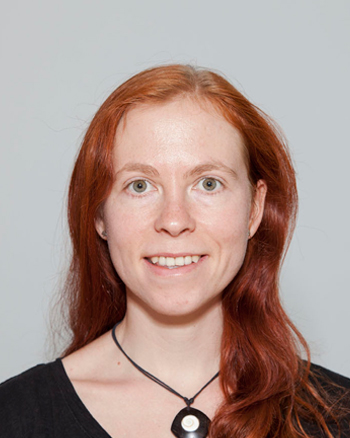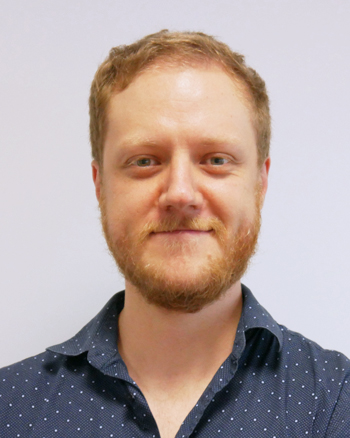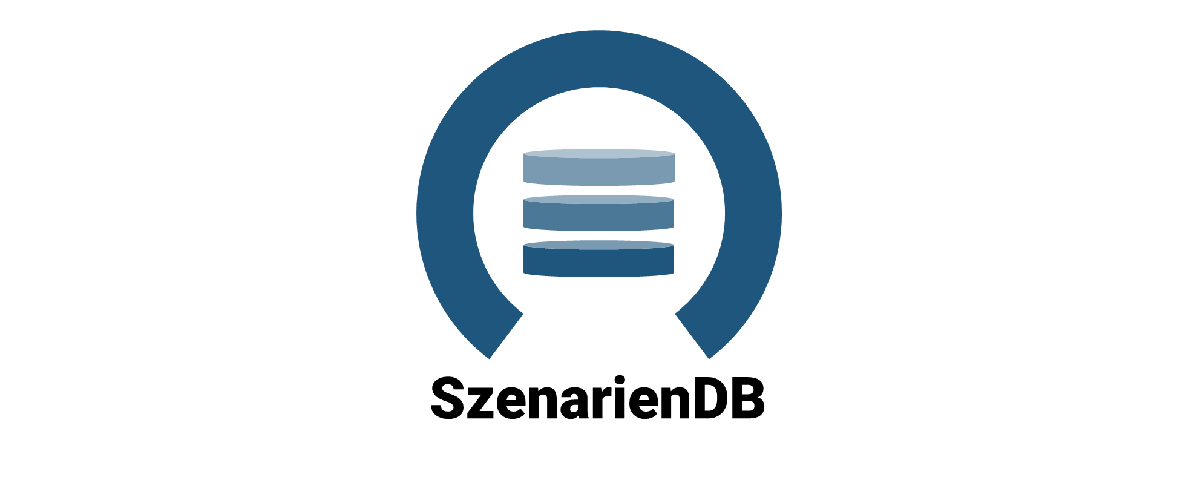
Open Energy Platform extended with open scenario data
20. January 2021
RLI recognized as NGO in the USA
22. January 2021Electrification tool for the DR Congo
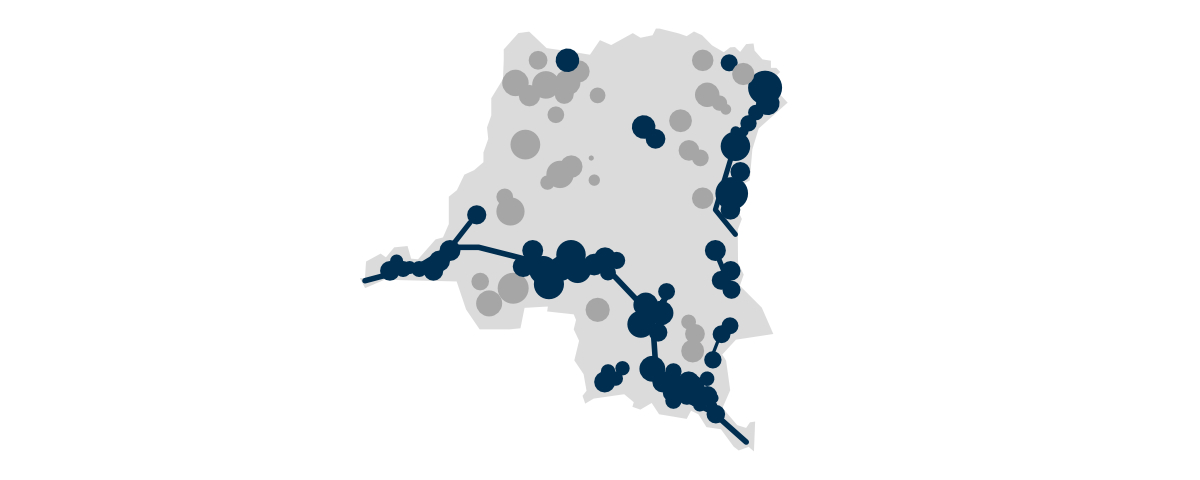
The project “Electrifying DR Congo: identifying data-driven solutions” aims at creating an interactive tool that displays the best electrification options for the Democratic Republic of Congo (DRC).
Despite the DRC having a huge renewable energy potential, only between 9 and 19 percent of Congo’s more than 80 million people have any access to electricity. According to the UN, the DRC’s access to electricity rate ranks 211th in a sample of 218 territories. This is alarming if one considers that access to clean and affordable energy services is a necessity for sustainable development, as proclaimed by the United Nations’ Development Goal Number Seven (SDG7): Access to affordable, reliable, sustainable, and modern energy for all.
Centralized electrification plans don’t meet the population’s needs
The country’s low electrification rate is caused in part by an electrification policy that privileges mega-dams for the export market and heavy industry rather than small-scale renewable energy projects that are more closely linked to the populations’ electricity needs. Most plans are dominated by large centralized investments into hydropower and extensive transmission network expansion as the Congo River system constitutes the largest hydropower generation potential on earth. This strategy is however often inappropriate or prohibitively expensive for rural electrification and can take decades to achieve. Additionally, the data needed for energy planning is scarce, scattered, difficult to access, and lacking detail.
Empowering stakeholders with data and tools
The project therefore aims at closing this data gap and creating an interactive tool that displays and makes freely available several scenarios for electrification solutions for the country, as well as sharing all the data that was used. The project’s approach is deliberately centered on providing power to households, enterprises, and public services through a mix of centralized and decentralized solutions. The tool will thus enable users to experiment with different key input parameters in an interactive visualization platform. This is especially important for organizations who need sound evidence and knowledge in the constant pursuit of expanded and more equitable electricity production and distribution. The use of open-source software, methodologies, and open data wherever possible further supports the transparency of the tool and removes the need for subscription fees.
The project consists of three phases with RLI joining the project consortium at the beginning of Phase 2.
RLI is joining an existing project consortium with the partner institutions Resource Matters, the Energy Systems Research Group of the University of Cape Town in South Africa (UCT), and the energy access team at the Swedish Royal Institute of Technology’s division of Energy Systems (KTH). RLI will focus on the estimation of energy demand scenarios across the country using computational models combining on-the-ground energy consumption survey data with broader geospatial demographic and income indicators, and link these to population clusters across the country. Demand estimates will be quantified for all customer sectors including households, enterprises, and public services using appropriate open-access methodologies for each.
The project is funded by a grant from the 11th Hour Project – a program of the Schmidt Family Foundation that aims at raising awareness about climate change and renewable energy sources.
Project duration: November 2020 – December 2021
Despite the DRC having a huge renewable energy potential, only between 9 and 19 percent of Congo’s more than 80 million people have any access to electricity. According to the UN, the DRC’s access to electricity rate ranks 211th in a sample of 218 territories. This is alarming if one considers that access to clean and affordable energy services is a necessity for sustainable development, as proclaimed by the United Nations’ Development Goal Number Seven (SDG7): Access to affordable, reliable, sustainable, and modern energy for all.
Centralized electrification plans don’t meet the population’s needs
The country’s low electrification rate is caused in part by an electrification policy that privileges mega-dams for the export market and heavy industry rather than small-scale renewable energy projects that are more closely linked to the populations’ electricity needs. Most plans are dominated by large centralized investments into hydropower and extensive transmission network expansion as the Congo River system constitutes the largest hydropower generation potential on earth. This strategy is however often inappropriate or prohibitively expensive for rural electrification and can take decades to achieve. Additionally, the data needed for energy planning is scarce, scattered, difficult to access, and lacking detail.
Empowering stakeholders with data and tools
The project therefore aims at closing this data gap and creating an interactive tool that displays and makes freely available several scenarios for electrification solutions for the country, as well as sharing all the data that was used. The project’s approach is deliberately centered on providing power to households, enterprises, and public services through a mix of centralized and decentralized solutions. The tool will thus enable users to experiment with different key input parameters in an interactive visualization platform. This is especially important for organizations who need sound evidence and knowledge in the constant pursuit of expanded and more equitable electricity production and distribution. The use of open-source software, methodologies, and open data wherever possible further supports the transparency of the tool and removes the need for subscription fees.
The project consists of three phases with RLI joining the project consortium at the beginning of Phase 2.
- Phase 1 provided a detailed investigation of the context in which electrification planning is taking place in the DRC, demonstrated a national least-cost electrification model, carried out an energy use and perception survey, as well as improving the foundation for Phase 2.
A report for phase 1 is already available for download - Phase 2 focuses on broad model improvements, especially demand and population data, capacity building, and the release of the interactive online visualization platform of the tool’s results and data inputs.
- Phase 3 will focus on further model developments incorporating the research team’s own lessons learned and feedback from in-depth engagement with stakeholders. Detailed renewable mini-grid modelling including a focus on small hydro systems will also be investigated in which RLI would play a key role.
RLI is joining an existing project consortium with the partner institutions Resource Matters, the Energy Systems Research Group of the University of Cape Town in South Africa (UCT), and the energy access team at the Swedish Royal Institute of Technology’s division of Energy Systems (KTH). RLI will focus on the estimation of energy demand scenarios across the country using computational models combining on-the-ground energy consumption survey data with broader geospatial demographic and income indicators, and link these to population clusters across the country. Demand estimates will be quantified for all customer sectors including households, enterprises, and public services using appropriate open-access methodologies for each.
The project is funded by a grant from the 11th Hour Project – a program of the Schmidt Family Foundation that aims at raising awareness about climate change and renewable energy sources.
Project duration: November 2020 – December 2021
Within the “Electrifying DR Congo” project consortium, Reiner Lemoine Institute assumes the following tasks:
- Creating a data inventory by assessing available primary and secondary datasets for the demand modeling adding to the data discovered and evaluated in phase 1
- Creating characteristic village demand profiles
- Extrapolation of survey results nationally for estimating a series of national village demand profiles across the whole country
- Uncertainty analysis quality assessment of initial results to determine the needs of further surveys and expert interviews
- Performing demand model improvements for villages and settlements in the DRC using additional survey and expert interview findings
- Support our partner KTH in developing an open-source grid routing model
- Support our partner UCT for population distribution data mapping and clustering






